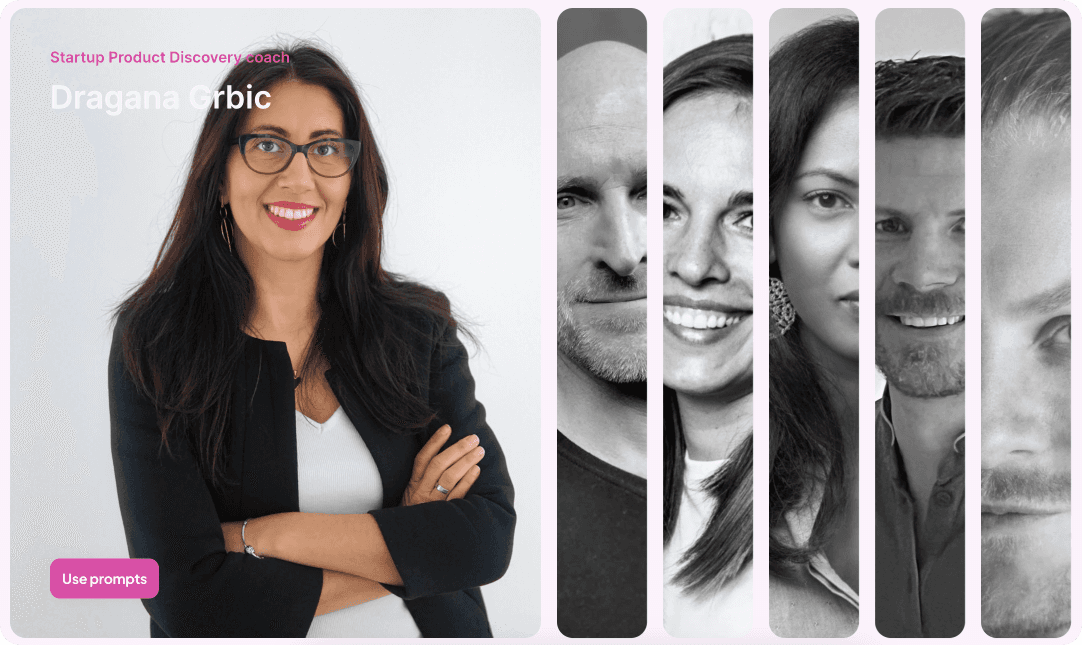Nov 15, 2016
Milos Prokic
The Netherlands National Police uses NEXT to create a safe, secure, and happy country.
From large to larger
The National Police Corps of The Netherlands is the largest organization in the country.
Even so, officers are stretched thin, without the resources or the time to investigate — much less prevent — all crime, and other challenges that must be addressed.
To fully exploit their effectiveness, however, officers must enlist help from critical outside sources — the public and other governmental agencies and businesses. An engaged society, after all, makes for more enriched, happier, and safer communities.
“It’s very important to tap off the wisdom of the crowd…[people] who want to investigate crime with us,” said Frank Smilda, the Police Corps’ head of intelligence unit.
Let’s be cops
The ideal solution, according to Hans Schonfeld, chief innovation officer of The National Police Corps of The Netherlands, is an operational model that would help officers expand their capabilities. This model would allow the police to work with stakeholders — including citizens themselves, but also organizations such as tax authorities, and insurance, housing, and utility companies — to create a nationwide network for crime prevention, a law enforcement movement with police-as-a-platform.
“Police innovation in the next five years will be about participation of partners and civilians in creating a safer and better society,” Schonfeld said.

The philosophy parallels that which fuels companies such as Airbnb or Uber — platforms that provide a service, but that don’t outrightly own assets. These companies have enabled a network of participants (hosts with rooms and drivers with cars) to address needs (accommodation and transportation) in a more efficient and scalable way than any one participant could do alone. It’s a perfect example of one plus one equals three.
“Uber, the world’s largest taxi company, owns no vehicles. Facebook, the world’s most popular media owner, creates no content. Alibaba, the most valuable retailer, has no inventory. And Airbnb, the world’s largest accommodation provider, owns no real estate. Something interesting is happening.” — Tom Goodwin, senior vice-president of strategy and innovation, Havas Media
This is the crux of the Police Corps’ ultimate plan — to provide safety, security, and happiness to The Netherlands using stakeholders as a key resource, freeing up officers to focus on the most pressing problems. Schonfeld imagines a future in which the police have constructed a foundation atop which stakeholders can participate, thereby increasing said safety, security and happiness.
The idea is akin to #OccupyInnovation. Schonfeld, in a sense, intends to #OccupyLawEnforcement, opening up crime prevention to the 99% of people who are not police officers by occupation. Under such a model, the role of the police would be to provide the trust required for stakeholders to openly and genuinely participate, while ensuring that their efforts are endorsed by the ultimate authority for law enforcement. The Police Corps has the ultimate legitimacy to coordinate this model, allowing for system thinking — methodical, participative ways to address crime and other large-scale challenges that face communities.
Innovation on officers’ belts
“Police work is teamwork. So there are a lot of teams. There are thousands of police teams,” Smilda said. “They have to work together, and they also have to innovate together.
“Like a pistol, or pepper spray, innovation knowledge has to be a tool on our belts,” he added. “We work with Collaborne to co-innovate with civilians and law enforcement professionals to find new solutions to crime problems.”
Next allows its users to harness, enhance, and leverage design thinking and lean methods, so that it may be used as resources by anyone, at any level of any given organization and beyond—as the police intend to do with their stakeholders.
Using Next, the Police Corps are able to simultaneously manage the present and the future of law enforcement in The Netherlands, providing safety, security and happiness today, while gearing up for potential threats and opportunities presented by artificial intelligence, big data, robotics, and other disruptive — often technological — trends.
“Next’s software is helping us in the whole [innovation] process,” Schonfeld said. “Most people think that innovation is about ideas. But that isn’t true — it’s all about the customer, about customer insights. We want to build value around those customer insights. We also use Next for the scaling process. This is very important, because many ideas and innovations just stay in your lab, and it’s very important when you have gold in your hand to scale it throughout your whole organization.”
Next CEO Moodi Mahmoudi believes that the idea of “police-as-a platform” is as ambitious as it is exciting. It is a vision, he said, that is potentially life-changing for citizens of The Netherlands — and with the potential to alter the profession of law enforcement as we know it.
“By transforming itself to become an enabler and not just an actor of law enforcement, the National Police Corps of The Netherlands will tap into resources traditionally beyond its reach,” he said. “The Dutch police wins by dramatically expanding its scope of action without expanding the force. Citizens and stakeholders win by actively taking part in shaping their communities. Society wins by increasing the safety and happiness of its constituents. It’s win, win, win — what more could you ask for?”
—
Contributing editor: Adam Kohut



